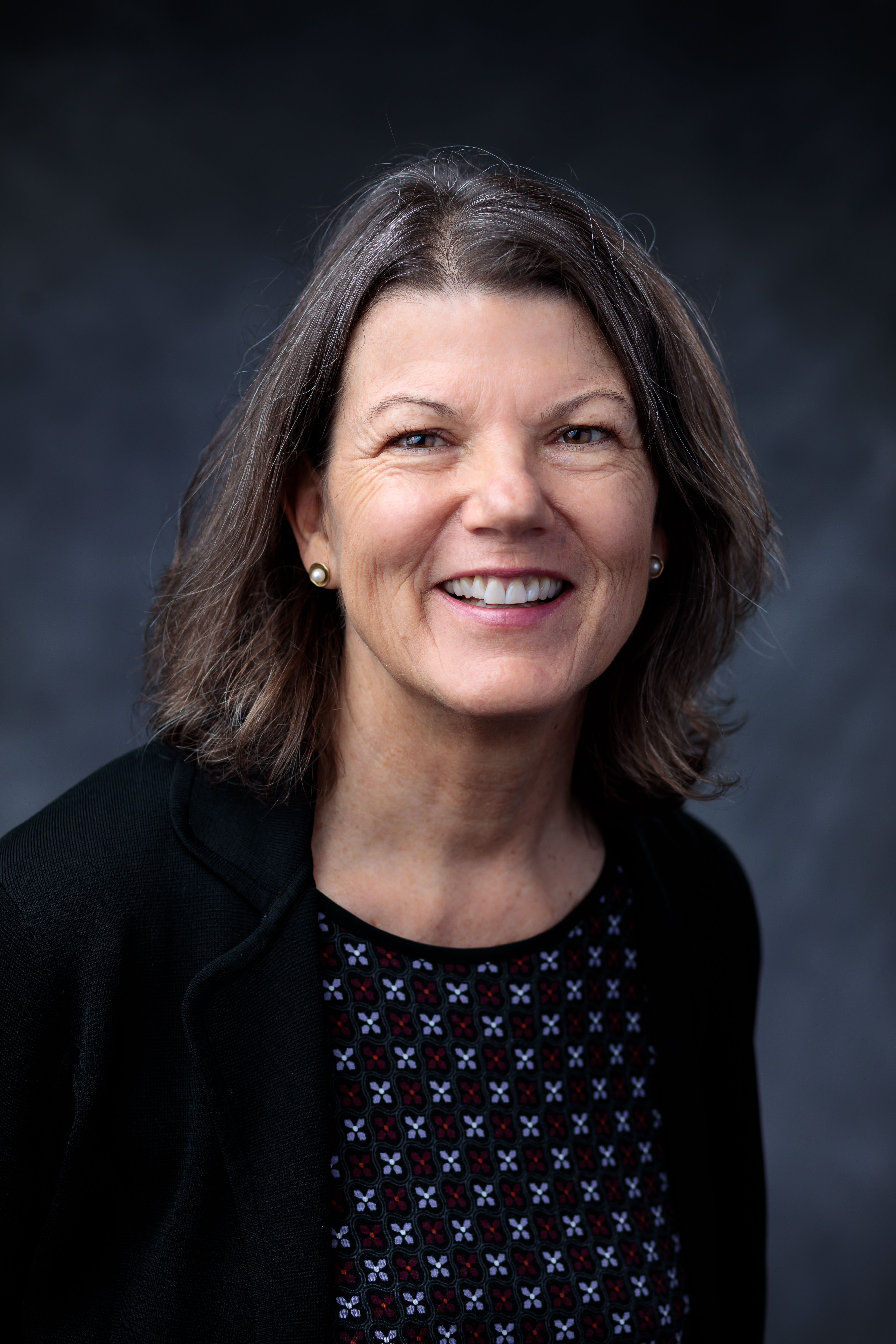
2025-26 Abstract (with Faculty Fellow Susan Gal) - Linguistic Futures: Centering Language Shift and Revitalization in Sociolinguistic Theory
Recent decades of political activism aiming to revitalize endangered languages have created linguistic change, and a new linguistic future. The loss of languages used to be expected, even welcomed in the name of modernity or a myopic definition of “progress.” It is now clear that, far from assuring better communication, the diminishing number of languages is a result and sign of neglect, devaluation and discrimination against their speakers who are often coerced into shifting. Half of the roughly 6500 languages spoken today are "endangered." Colonization, migration, war and other changes in power relations lead to language shift, as do the centralization projects of states. The last half century has seen vibrant, organized efforts by speakers and their allies to reverse language shifts. These developments challenge mainstream (socio)linguistic theory, which has long sidelined shifting languages as mere “deficit,” decay, and irregularity. Our goal is to mobilize this new evidence, paired with new methods, to put shifting languages at the center of (socio)linguistic theory and thereby rethink core theoretical questions, specifically: the nature of language community and its (non)boundedness; grammatical complexity in language change; regularity in social meaning; the category of “native speaker.” We aim to develop these issues in a collaborative project of twenty scholars who study shifting languages and their contexts. They and their field-sites are chosen from around the world for contrast and comparison. In two workshops over two years, with papers submitted in advance and revised in between, we aim for a volume of linked, theoretically integrative essays.
Bio:
Lenore А. Grenoble is the John Matthews Manly Distinguished Service in the Department of Linguistics at the University of Chicago, specializing in Slavic and Arctic Indigenous languages. She also holds positions as an Adjunct Professor at Ilisimatusarfik (the University of Greenland) and as Director of the Arctic Linguistic Ecology Lab at the M.K. Ammosov North-Eastern Federal University in Yakutsk, Russia. Her research focuses on language contact and shift, vitality and sustainability, documentation and revitalization. Her primary fieldwork engages with speakers in far Northeastern Russia, Siberia, and Greenland. Grenoble is currently engaged in research that brings together linguistic, sociolinguistic and psycholinguistic factors in contact-induced morphosyntactic change and shift, together with a study of the relationship of climate change, urbanization, language vitality and well-being in Arctic Indigenous communities.
 THE UNIVERSITY OF CHICAGO
THE UNIVERSITY OF CHICAGO

